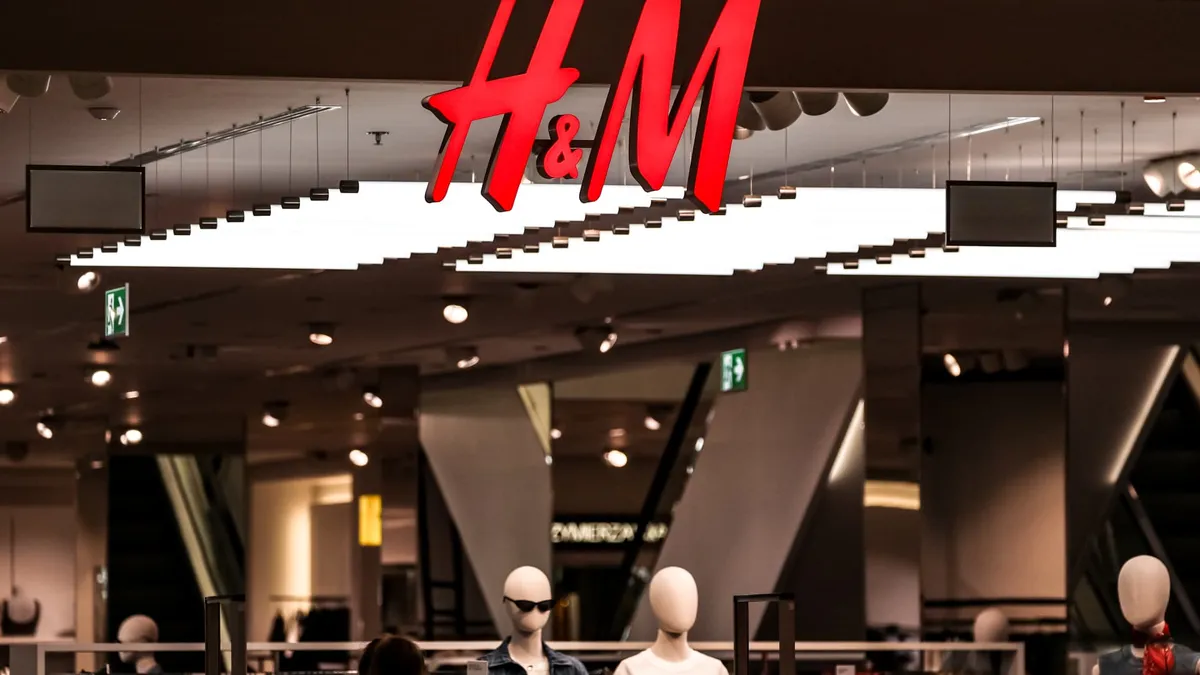
On Thursday, H&M announced disappointing sales figures for the fiscal first quarter, reflecting a sluggish start to the year as demand continues to decline for the world's second-largest clothing retailer. The Swedish fashion giant reported a 2% increase in sales in local currencies, totaling 55.33 billion Swedish krona (approximately $5.5 billion) year-on-year for the three-month period ending February 28. This figure fell short of the 55.86 billion krona forecast provided by analysts from LSEG.
As a result of these lackluster sales, H&M's shares experienced a decline of 1.6% by 8:08 a.m. London time. The retailer's operating profit was reported at 1.2 billion Swedish krona, which was significantly lower than the 1.9 billion kronor expected by analysts. This led to an operating margin of 2.2%, highlighting the challenges the company is currently facing.
H&M attributed the dip in operating profit to several negative external factors, including increased markdowns and ongoing investments in enhancing the customer offering, which adversely affected gross margins. Despite these challenges, the company noted that these negative factors are projected to diminish significantly in the second quarter, with an anticipated 1% annual increase in sales for March.
CEO Daniel Ervér acknowledged the weaker-than-expected sales and earnings for the quarter but emphasized that the first quarter is typically the smallest in terms of sales and margin for the company. "We are confident going forward," he stated, reinforcing the company's commitment to improving its product offerings, creating a more inspiring shopping experience, and strengthening the H&M brand. "Through this, we create the conditions for long-term, profitable, and sustainable growth," he added.
This disappointing performance comes on the heels of several consecutive quarters of weak sales for H&M, as the retailer grapples with increasing competition from Inditex-owned Zara and a growing threat from lower-cost competitors like the fast fashion giant Shein, which was founded in China. These challenges place additional pressure on CEO Ervér, who took the helm in January 2024 with the goal of accelerating the company's turnaround strategy.
This story is still developing, and further updates will be provided as more information becomes available.